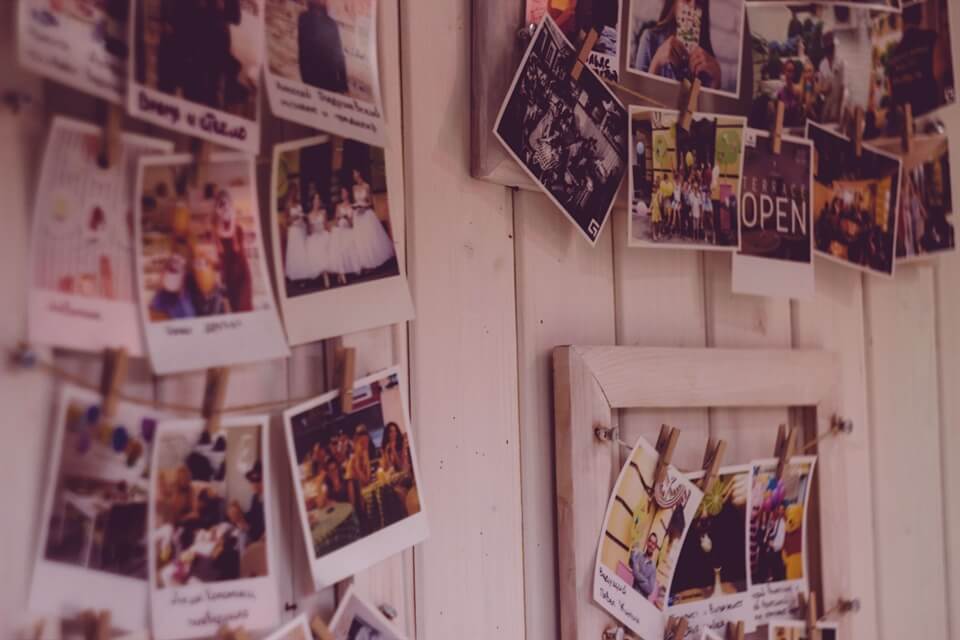Learn How to Write a Book With Me

I have been writing and publishing fiction since 2012. In that time I've learned a lot about the process of writing a book. How you write a book is a very personal and individual process but it's also true that earning different ways to write a book - different steps to follow and the different ways you can prepare, write and edit a book - can be very useful to find the right way for yourself. While I have written and published three collections of short stories, one novella and a number other works, I am yet to finish and publish a novel, and this is something I've been working on since the very beginning of my writing journey. After abandoning a number of first (second and third!) drafts over the years, I took time to research how to write a book and this combined with a new commitment to a story idea that is very close to my heart, I hope will lead to me writing and finishing (and maybe publishing!) my first novel, a process I am going to share here.
Join Me as I Share How to Write a Book
Welcome to my How to Write a Book series of posts. Below you will find links to all the posts I wrote documenting my experience writing a book. From how I came up with my story idea, through to doing a story outline and character development, and then later writing the first draft, re-writing the story and editing the book, this is the where you can find the full series of posts. I began this series in the summer of 2018, so there may still be some posts to come, so be sure to check back in with this page in the future.
Part One: Story Idea
Every book, every novel, every creative writing project begins with an idea or a number of ideas. Here is how I came up with the story idea for the book I'm writing.

"My advice for coming up with story ideas
- Believe that ideas can come from anywhere and everywhere. Keep an open mind about what you read, think and feel.
- Deliberately ask yourself "What if..." questions to help you come up with possible ideas.
- To begin with, write any and every idea down; don't risk losing it. (I do this using Evernote on my phone, or by sending myself an email.)
- If you think about a story idea again some time after you first had it, that's a good sign.
- While wanting to write a story immediately after an idea is also a good idea, it's not necessary. As you just read, I let my idea "brew" for nearly a year before I wrote anything down on paper.
- Don't worry about the regularity of your ideas or the number of ideas you have; you only need one to write a book.
- By the same token, don't think every idea is worth writing a book about! Try not to be precious with your story ideas; you will not run out of them, trust me!
- Trust and encourage your daydreaming! Give yourself time and space to let your mind wander. You are not wasting time. You are letting your mind explore things and that is the key to coming up with good story ideas."
Part Two: Story Development
Story development is what turns your book from an abstract idea or concept, and makes it something that can be fully formed book or novel. Here is how I developed my idea into a story.

Part Three: Writing a Story or Book Outline
After developing my idea into a story that I felt I could and wanted to write, it became a natural step for me to then write a story outline for my book. This took the form of a chapter outline, giving the story a beginning, a middle and an end, and an order for these to be written (which wasn't necessarily chronological!). Read how I wrote my story outline here.

"How you write an outline, what it looks like and how detailed it is or isn't, is entirely up to you.
There are no set ways you have to write a book or story outline. Some people use note cards and write a chapter or scene or key event on each one, other people write a chapter breakdown, and other authors may even write a very sketchy first draft (e.g. "MC arrives in London. MC is sad/scared/happy because XYZ. MC meets Other Character at..."). Your book outline can be very visual and non-linear, i.e. a brain storm or flow chart. You can create an outline on paper, on your computer, on a white board or on a series of post-it notes stuck on the wall. You can write a story outline however you want to as long as it is most helpful or natural to you. There are also outlining techniques that you can learn. I've personally not read any of these books but the ones I hear recommended most in the writing circles I dip in and out of are The Snowflake Method, Structuring Your Novel or Outlining Your Novel by K.M. Weiland and Write Your Novel from the Middle. I've also heard people recommend Save the Cat for writing fiction, even though it's target market is for those writing screenplays. For non-fiction, I've not had any personal recommendations for books that may help you outline your book, but this book seems to be a very thorough read on the topic.
It's also important to remember that (again!) your story outline is not set in stone. You can always change or deviate from any plan you come up with for your book's plot. The purpose of an outline is not to restrict what you write later on but to aid and assist it. It may happen that while you write your book outline you see things that you don't like or don't think will work, and you then have to go back a few steps to changing your original idea or maybe reviewing your story development notes. All of these things are really healthy and helpful things to do at this stage of writing a book. There are also no rules on how much outlining of a story or book you need to do. You can spend weeks and weeks on this phase, or you can just come up with a plan in a couple of hours; again it's whatever works best for you, or feels right (and I talk a bit more about this "feeling" below!) and I dare say that only experience and practice will inform you what is a good amount of time to spend writing a book outline. That said, it can of course also depend on the project and it's possible, or even likely, that for some pieces of work you will need to spend weeks writing a book outline, while for others just a half page of notes will do."
Part Four: Character Development
Character development is not something you have to do before writing a book. Indeed, you don't have to do any character development, ever, but I have always found it quite a useful step to take in order to get to know more characters better and improve consistency within the story. With previous projects I've done character development at a much later stage in the writing process but this time I chose to do it before writing the first draft, and I found it very useful. Read on to find out what I did as character development, and be sure to check out these character development questions that could help you build strong characters you know really well.

 About the Blog & Frankie
About the Blog & Frankie Welcome to My Amsterdam Travel Blog!
Welcome to My Amsterdam Travel Blog! Welcome to My Luxury Family Travel Blog!
Welcome to My Luxury Family Travel Blog! Welcome to My Writing Blog!
Welcome to My Writing Blog! Lover Mother Other: Poems - Out Now!
Lover Mother Other: Poems - Out Now! I Write Stories That Move You
I Write Stories That Move You Order WriteNOW Cards - Affirmation Cards for Writers
Order WriteNOW Cards - Affirmation Cards for Writers Work With Me
Work With Me